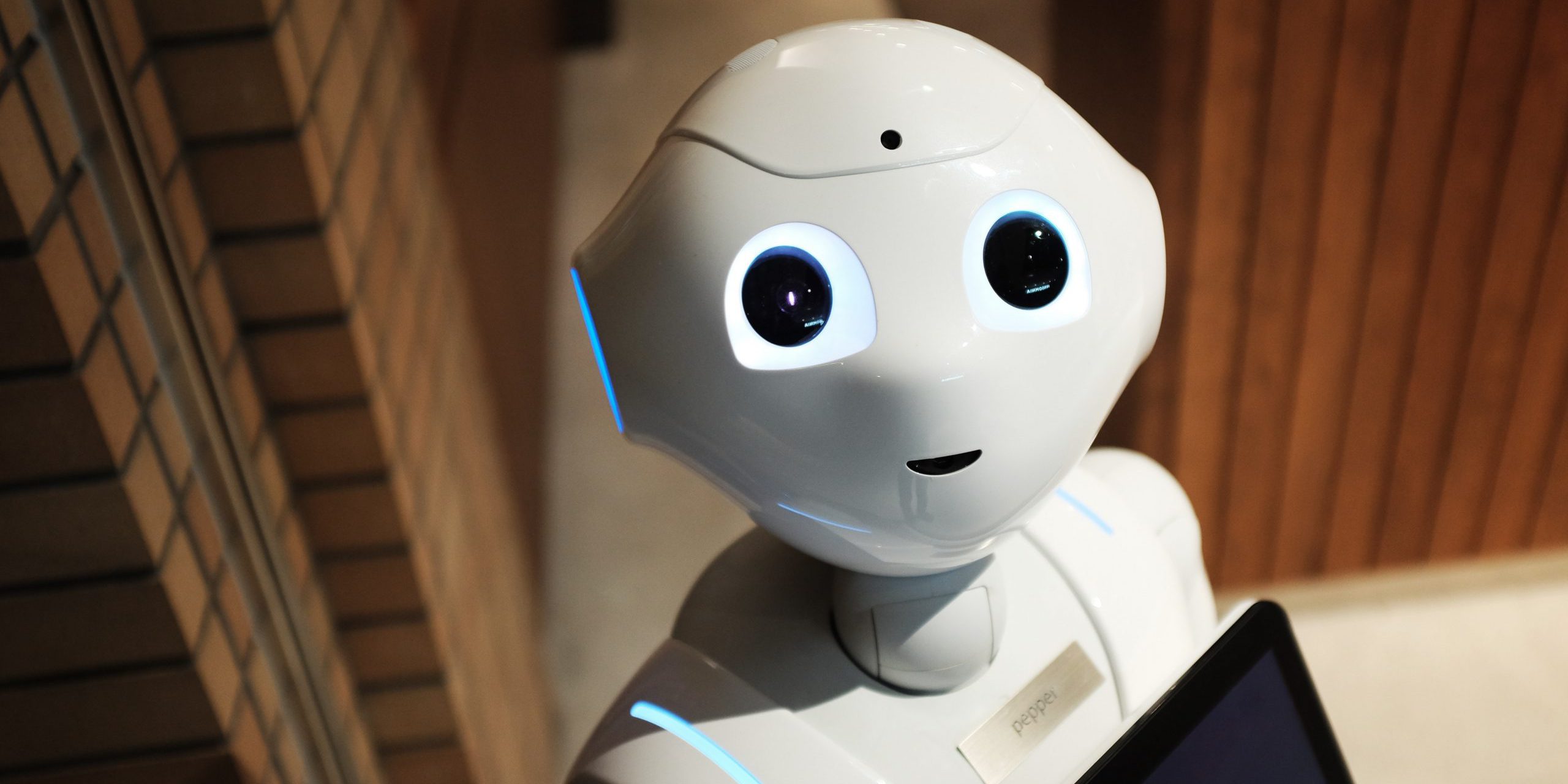‘I think you should take some typing lessons. Or just type more accurately’ says Robot Eugene to the judge.
Earlier this week, tech experts at the University of Reading conducted the Turing Test upon robot Eugene; a test designed to determine robots from humans by means of their ‘intelligence’. And guess what? He passed it.
Eugene, a virtual 13 year-old boy managed to convince a third of his judges that he was human by simply having a conversation with them online. The test was created by Alan Turing, the Father of Theoretical Computer Science and Artifical Intelligence in 1950. Turing rightfully predicted that the test would be passed in around 50 years time.
The test consists of a number of human judges and both human and non-human ‘interlocutors’ who have a general conversation over a computer. The aim of the test is to fool the human judge into thinking the ‘non-human’ chat bot is human. In 2012, Eugene managed to convince 28% of judges that he was human with chat about Eminem and ‘The Real Slim Shady’. At one point in the conversation, the judge made a typing error and the Robot replied: ‘I think you should take some typing lessons. Or just type more accurately’ outsmarting and perhaps even offending the judge.
“Our main idea was that [Eugene] can claim that he knows anything,” says his Russian creator Vladimir Veselov. “But his age also makes it perfectly reasonable that he doesn’t know everything”.
A similar test is illustrated in Phillip K. Dick’s book ‘Do androids dream of electric sheep?’ where a ‘Voigt Kampff test’ aims to distinguish humans from androids. It measures empathetic responses, or lack thereof, from questions designed to evoke an emotional response. Ridley Scott’s film adaptation ‘Bladerunner’ shows the test taking place in an unnerving post-apocalyptic world that is troubled by these ‘replicants’.
So should we be afraid of robots if they’re outsmarting and fooling humans?
Robot’s like Eugene work through a process of imitation, imitating the actions and responses of humans so really, they are only as intelligent as we make them. “You don’t write a program, you write a novel,” explain Eugene’s creators. “You think up a life for your character from scratch , starting with childhood , endowing him with opinions, thoughts [and] fears” and from that the robot is able to conduct a real conversation with a human. They are merely characters from a story, brought to life by the author; the scientist is the author, creating this beautiful character but the scientist allows that character to be physically present in the real world.
Tradebox Media are an award-winning software development agency based in Cardiff, UK.

